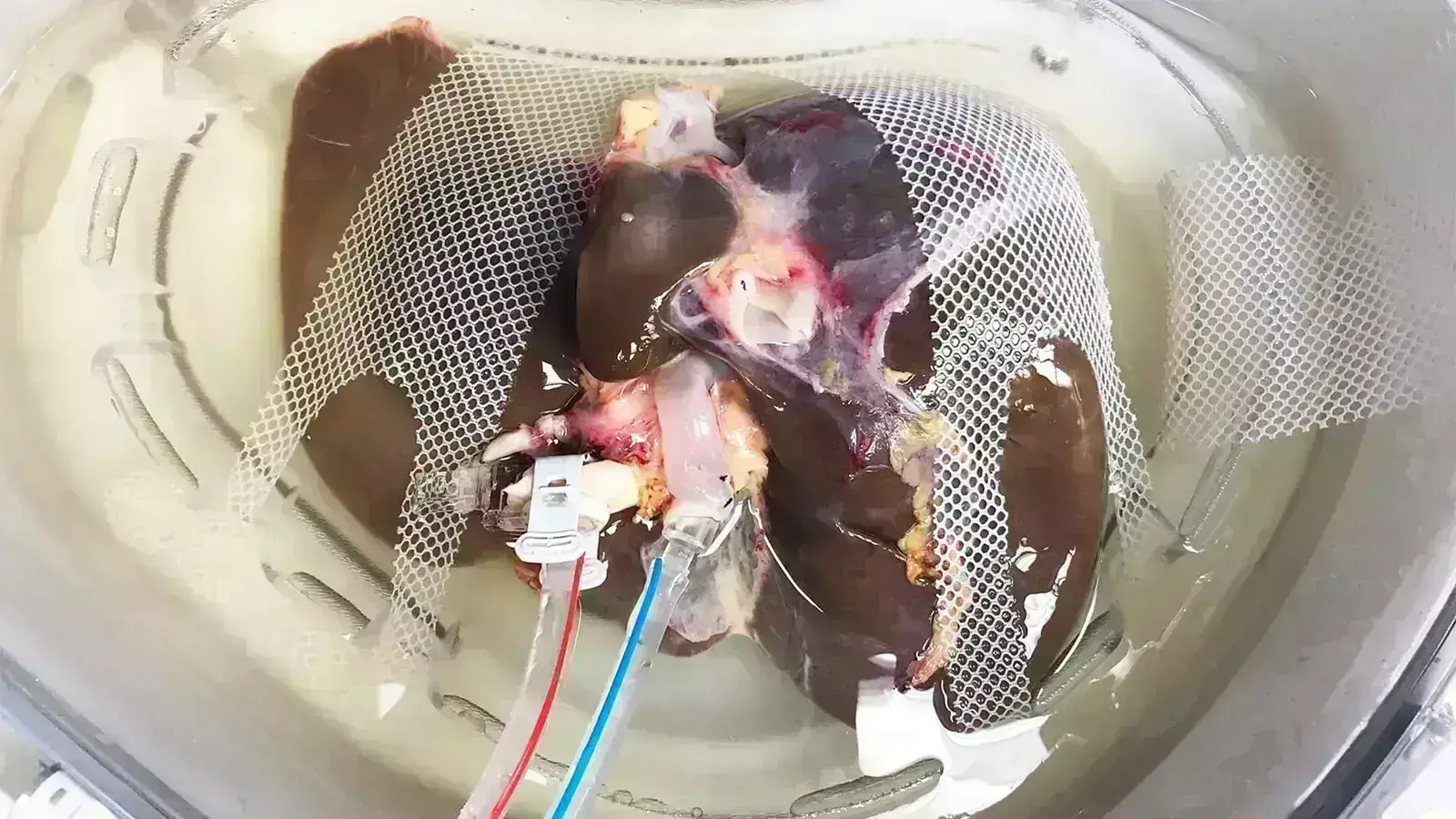- Home
- Medical news & Guidelines
- Anesthesiology
- Cardiology and CTVS
- Critical Care
- Dentistry
- Dermatology
- Diabetes and Endocrinology
- ENT
- Gastroenterology
- Medicine
- Nephrology
- Neurology
- Obstretics-Gynaecology
- Oncology
- Ophthalmology
- Orthopaedics
- Pediatrics-Neonatology
- Psychiatry
- Pulmonology
- Radiology
- Surgery
- Urology
- Laboratory Medicine
- Diet
- Nursing
- Paramedical
- Physiotherapy
- Health news
- Fact Check
- Bone Health Fact Check
- Brain Health Fact Check
- Cancer Related Fact Check
- Child Care Fact Check
- Dental and oral health fact check
- Diabetes and metabolic health fact check
- Diet and Nutrition Fact Check
- Eye and ENT Care Fact Check
- Fitness fact check
- Gut health fact check
- Heart health fact check
- Kidney health fact check
- Medical education fact check
- Men's health fact check
- Respiratory fact check
- Skin and hair care fact check
- Vaccine and Immunization fact check
- Women's health fact check
- AYUSH
- State News
- Andaman and Nicobar Islands
- Andhra Pradesh
- Arunachal Pradesh
- Assam
- Bihar
- Chandigarh
- Chattisgarh
- Dadra and Nagar Haveli
- Daman and Diu
- Delhi
- Goa
- Gujarat
- Haryana
- Himachal Pradesh
- Jammu & Kashmir
- Jharkhand
- Karnataka
- Kerala
- Ladakh
- Lakshadweep
- Madhya Pradesh
- Maharashtra
- Manipur
- Meghalaya
- Mizoram
- Nagaland
- Odisha
- Puducherry
- Punjab
- Rajasthan
- Sikkim
- Tamil Nadu
- Telangana
- Tripura
- Uttar Pradesh
- Uttrakhand
- West Bengal
- Medical Education
- Industry
Dynamic organ perfusion techniques tied to less organ rejection after liver transplantation compared to static cold storage

Dynamic organ perfusion techniques are tied to less organ rejection after liver transplantation compared to static cold storage suggests a new study published in the Hepatology
Acute cellular rejection (ACR) is a frequent complication after liver transplantation. By reducing ischemia and graft damage, dynamic preservation techniques may diminish ACR. We performed a systematic review to assess the effect of currently tested organ perfusion (OP) approaches versus static cold storage (SCS) on post-transplant ACR-rates.
Approach and Results:
A systematic search of Medline, Embase, Cochrane Library, and Web of Science was conducted. Studies reporting ACR-rates between OP and SCS and comprising at least 10 liver transplants performed with either hypothermic oxygenated perfusion (HOPE), normothermic machine perfusion, or normothermic regional perfusion were included. Studies with mixed perfusion approaches were excluded. Eight studies were identified (226 patients in OP and 330 in SCS). Six studies were on HOPE, one on normothermic machine perfusion, and one on normothermic regional perfusion. At meta-analysis, OP was associated with a reduction in ACR compared with SCS [OR: 0.55 (95% CI, 0.33–0.91), p=0.02]. This effect remained significant when considering HOPE alone [OR: 0.54 (95% CI, 0.29–1), p=0.05], in a subgroup analysis of studies including only grafts from donation after cardiac death [OR: 0.43 (0.20–0.91) p=0.03], and in HOPE studies with only donation after cardiac death grafts [OR: 0.37 (0.14–1), p=0.05].
Dynamic OP techniques are associated with a reduction in ACR after liver transplantation compared with SCS. PROSPERO registration: CRD42022348356.
Reference:
Maspero, Marianna1,2; Ali, Khaled1; Cazzaniga, Beatrice1; Yilmaz, Sumeyye1; Raj, Roma1; Liu, Qiang1; Quintini, Cristiano1,3; Miller, Charles1; Hashimoto, Koji1; Fairchild, Robert L.4; Schlegel, Andrea5,6. Acute rejection after liver transplantation with machine perfusion versus static cold storage: A systematic review and meta-analysis. Hepatology 78(3):p 835-846, September 2023. | DOI: 10.1097/HEP.0000000000000363
Keywords:
Dynamic, organ, perfusion, techniques, tied, less, organ, rejection, after, liver, transplantation, compared, static cold storage, Hepatology, Maspero, Marianna Ali, Khaled; Cazzaniga, Beatrice; Yilmaz, Sumeyye; Raj, Roma; Liu, Qiang; Quintini, Cristiano; Miller, Charles; Hashimoto, Koji; Fairchild, Robert, Schlegel, Andrea
Dr. Shravani Dali has completed her BDS from Pravara institute of medical sciences, loni. Following which she extensively worked in the healthcare sector for 2+ years. She has been actively involved in writing blogs in field of health and wellness. Currently she is pursuing her Masters of public health-health administration from Tata institute of social sciences. She can be contacted at editorial@medicaldialogues.in.
Dr Kamal Kant Kohli-MBBS, DTCD- a chest specialist with more than 30 years of practice and a flair for writing clinical articles, Dr Kamal Kant Kohli joined Medical Dialogues as a Chief Editor of Medical News. Besides writing articles, as an editor, he proofreads and verifies all the medical content published on Medical Dialogues including those coming from journals, studies,medical conferences,guidelines etc. Email: drkohli@medicaldialogues.in. Contact no. 011-43720751


